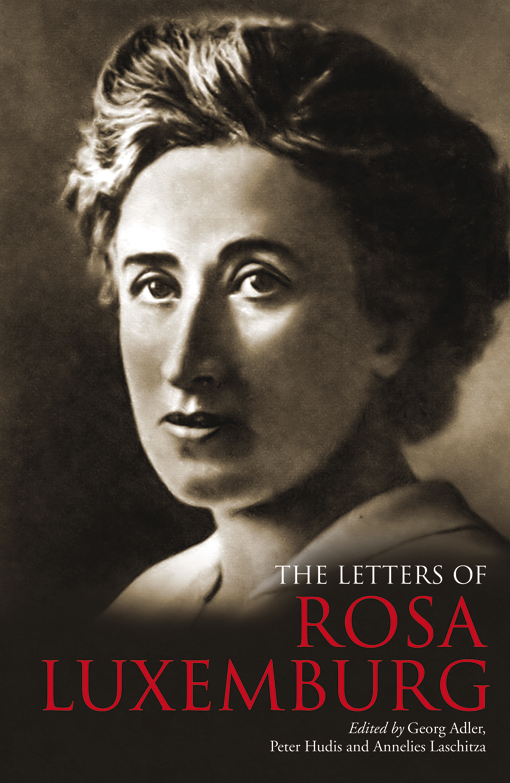June 12, 2011
Broadcast Date:
Jun 12 2011  At least 20 alleged dead in IDF attacks on demonstrators at Syrian border; New York City activists revive "Pins and Needles," the International Ladies Garment Workers Union's 1937 Broadway hit; plus Vivian Gornick and historian Paul LeBlanc duke it out on the legacy of Rosa Luxemburg.
At least 20 alleged dead in IDF attacks on demonstrators at Syrian border; New York City activists revive "Pins and Needles," the International Ladies Garment Workers Union's 1937 Broadway hit; plus Vivian Gornick and historian Paul LeBlanc duke it out on the legacy of Rosa Luxemburg.


![[podcasting logo]](../../../files/podcast.png) Podcast
Podcast